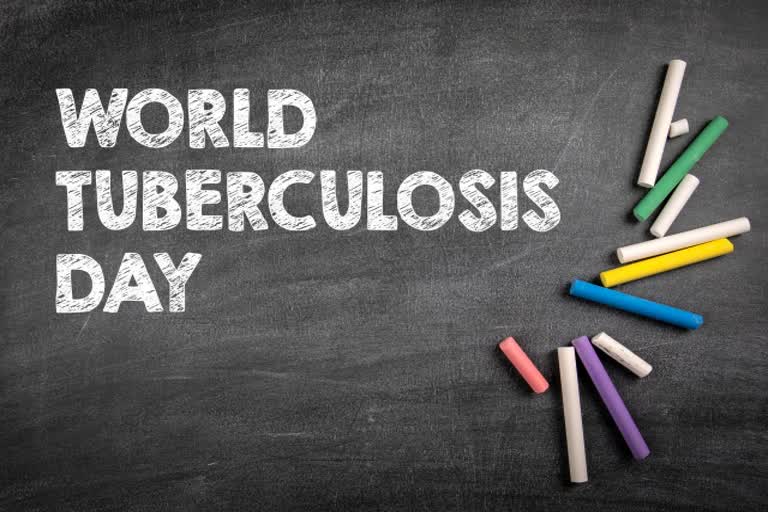The date marks the day in 1882 when Dr. Robert Koch announced that he had discovered the bacterium that causes TB, which opened the way towards diagnosing and curing this disease”. It further states that The theme of World TB Day 2021 - ‘The Clock is Ticking’–conveys the sense that the world is running out of time to act on the commitments to end TB made by global leaders.
According to the WHO:
- 63,000,000 lives saved since 2000 by global efforts to end TB
- 10,000,000 people fell ill with TB in 2019
- 1,400,000 people died of TB in 2019
- 465,000 people fell ill with drug-resistant TB in 2019
Undoubtedly, TB is one of the world’s deadliest infectious killers. Therefore, global efforts are being made to combat this disease.
What Is Tuberculosis?
Dr. Rajesh Vukkala, MD (General Medicine), Consultant Physician at VINN Hospital, Hyderabad, explains that Tuberculosis is a bacterial infection, caused by a bacterium called Mycobacterium tuberculosis, which is said to have a higher prevalence in people who are not living a healthy lifestyle like those who are alcoholic, smokers or people with lower immunity, etc. It primarily affects the lungs, but the bacteria can also affect other parts of the body like kidney, brain and spine.
Symptoms And Diagnosis
TB usually spreads through the air if someone inhales the droplets released in the air if an infected person coughs or sneezes. However, the Pan American Health Organization (PAHO) explains that In healthy people, infection with M. tuberculosis often does not cause symptoms, because the person's immune system acts to 'wall off' the bacteria. The symptoms of active TB of the lung, as PAHO mentions, generally include:
- coughing (sometimes with sputum or blood)
- chest pains
- weakness
- weight loss
- fever
- night sweats
Apart from this, one may also experience chills and loss of appetite.
Dr. Vukkala explains that TB can be diagnosed in the following ways:
- Sputum Culture
- Erythrocyte Sedimentation Rate (ESR) Test
- PCR Test
Treatment
WHO informs that TB disease is curable. It is treated by a standard 6-month course of 4 antibiotics. Common drugs include rifampicin and isoniazid. In some cases, the TB bacteria do not respond to the standard drugs. In this case, the patient has drug-resistant TB. Treatment for drug-resistant TB is longer and more complex. If the treatment is not properly completed, the disease can become drug-resistant and can spread. Therefore, medical assistance is extremely important to prevent the disease from worsening.
TB And COVID-19
“The fact that someone had TB means that they have compromised immunity, which is why they have to be extra cautious during these times,” says Dr. Vukkala
- Stay away from gatherings
- Mandatorily wear a mask when stepping out
- Maintain a proper distance of at least 6 feet
- Stay away as far as possible from people you see coughing or sneezing.
- Wash or sanitize your hands frequently
- Contact your doctor or any healthcare provider if you seem to have any symptoms of COVID-19
- Consult your doctor and get yourself vaccinated
